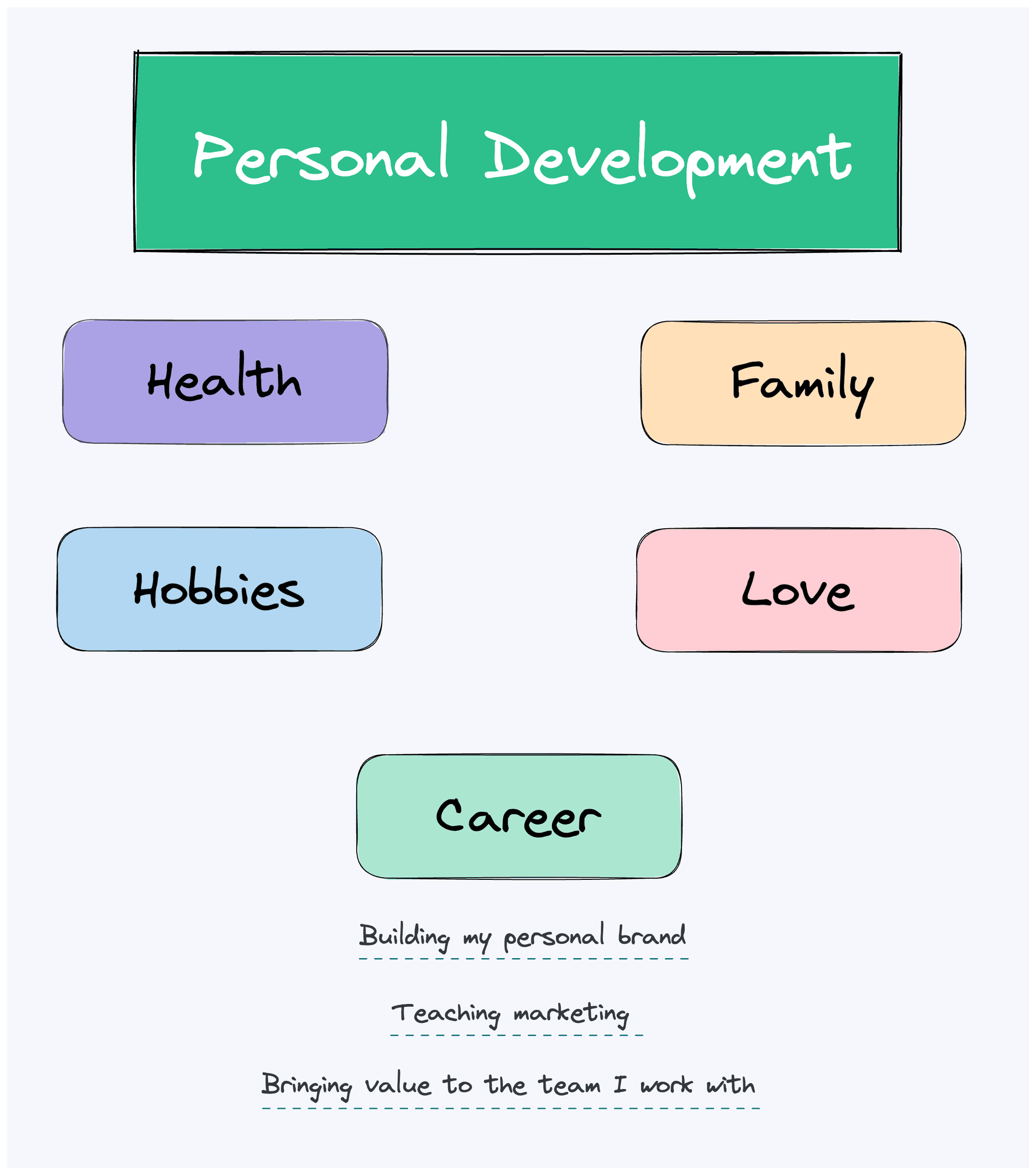As we navigate through life, it is crucial to have a sense of purpose and direction – especially when it comes to our careers. Personal development plans play a vital role in guiding us towards success, both professionally and personally. These plans are like roadmaps, helping us define our goals, pinpoint areas for improvement, and ultimately carve out a fulfilling and prosperous career path.
In this blog post, I will share my personal experiences with creating and implementing a personal development plan. I will also provide insights into the key elements that should be included in such a plan to maximize its effectiveness.
To start off, let me share my story. A few years ago, I found myself feeling stuck and unfulfilled in my job. I yearned for growth and progression, but I lacked a clear sense of direction. That’s when I stumbled upon the concept of personal development plans. Intrigued by the idea, I decided to embark on a journey of self-discovery and growth.
The first step in creating my personal development plan was to define my long-term career goals. I took the time to envision where I wanted to be in the next five to ten years and what steps I needed to take to get there. This exercise allowed me to gain clarity and set my sights on a clear target.
Once I had a clear vision, I focused on self-assessment. I assessed my strengths, weaknesses, and areas for improvement. This step was eye-opening as it helped me identify the skills and competencies I needed to develop further. It also helped to understand my limitations and areas where I may need support or additional learning opportunities.
With my self-assessment in hand, I moved on to setting specific, measurable, attainable, relevant, and time-bound (SMART) goals. I broke down my long-term career goal into smaller, achievable milestones. For example, if my goal was to become a marketing manager, I created short-term goals to gain relevant experience, improve my digital marketing skills, and network with professionals in the field.
Having established my goals, I then outlined the actions required to achieve them. This involved researching and identifying the resources, courses, workshops, or mentors that could aid me in acquiring the necessary knowledge and skills. I also made a point of seeking out networking opportunities, attending industry events, and connecting with professionals in my desired field. This not only expanded my knowledge base but also opened doors for potential job opportunities and collaborations.
However, a personal development plan is not just about professional growth. It also encompasses personal growth. I realized that in order to excel in my career, I needed to focus on enhancing my soft skills, such as communication, leadership, and time management. As a result, I allocated time and resources to develop these skills through various means, such as reading books, attending workshops, and seeking feedback from colleagues.
In addition to defining goals and actions, it is essential to regularly review and revise your personal development plan. Life is dynamic, and circumstances change. What may have seemed like a perfect plan a year ago may need adjustments today. I made it a point to review my plan every six months, allowing me to reassess my progress, celebrate achievements, and identify areas that needed further attention.
Implementing my personal development plan was not always smooth sailing. There were times when I faced obstacles or experienced self-doubt. However, having a plan in place helped me stay focused, motivated, and resilient. It served as a constant reminder of my aspirations and provided a roadmap to overcome challenges.
Looking back, I can confidently say that my personal development plan has had a significant impact on my career success. It allowed me to grow both personally and professionally, helping me secure new opportunities, earn promotions, and find personal fulfillment in my chosen field.
In conclusion, personal development plans are powerful tools that can help us navigate our careers with purpose and intention. By defining our goals, assessing our skills and competencies, setting SMART goals, and taking proactive actions, we can maximize our potential for success. Remember to regularly review and revise your plan to accommodate changes and always remain adaptable and open to new opportunities for growth. Your personal development plan is not just a document; it is a living guide that can lead you towards a fulfilling and prosperous career.
